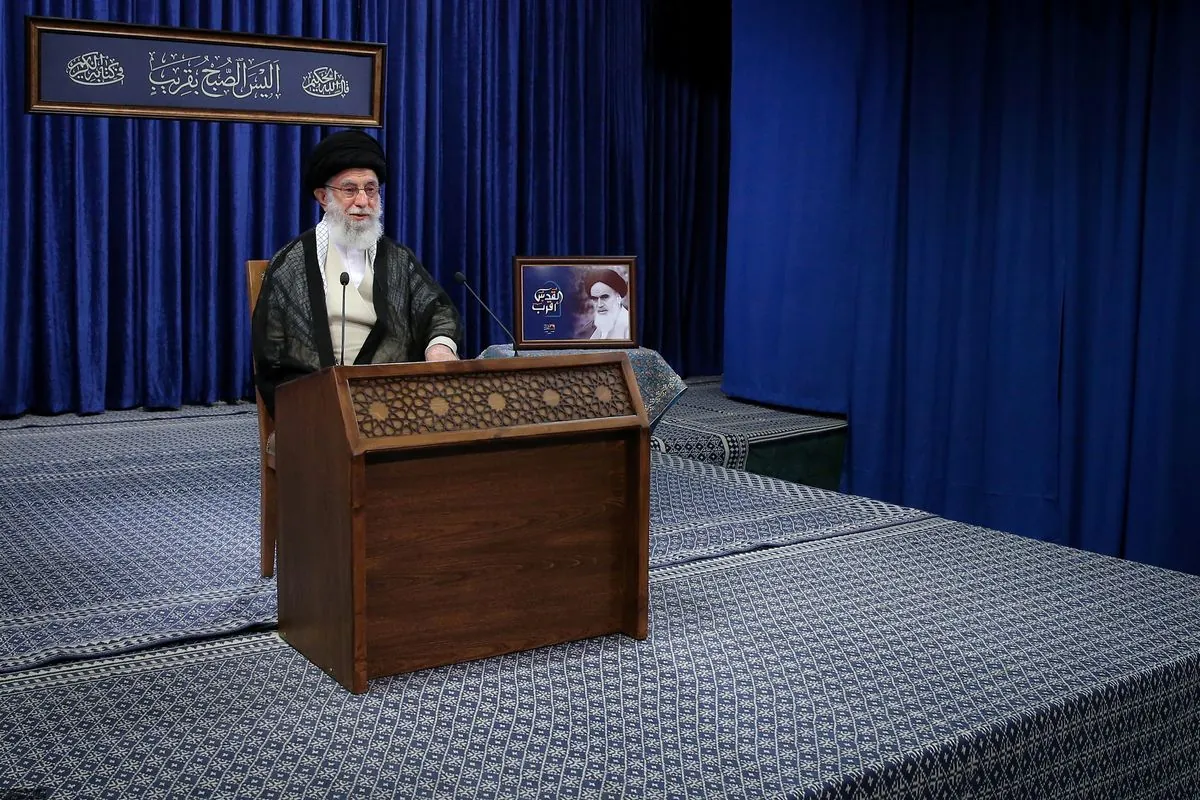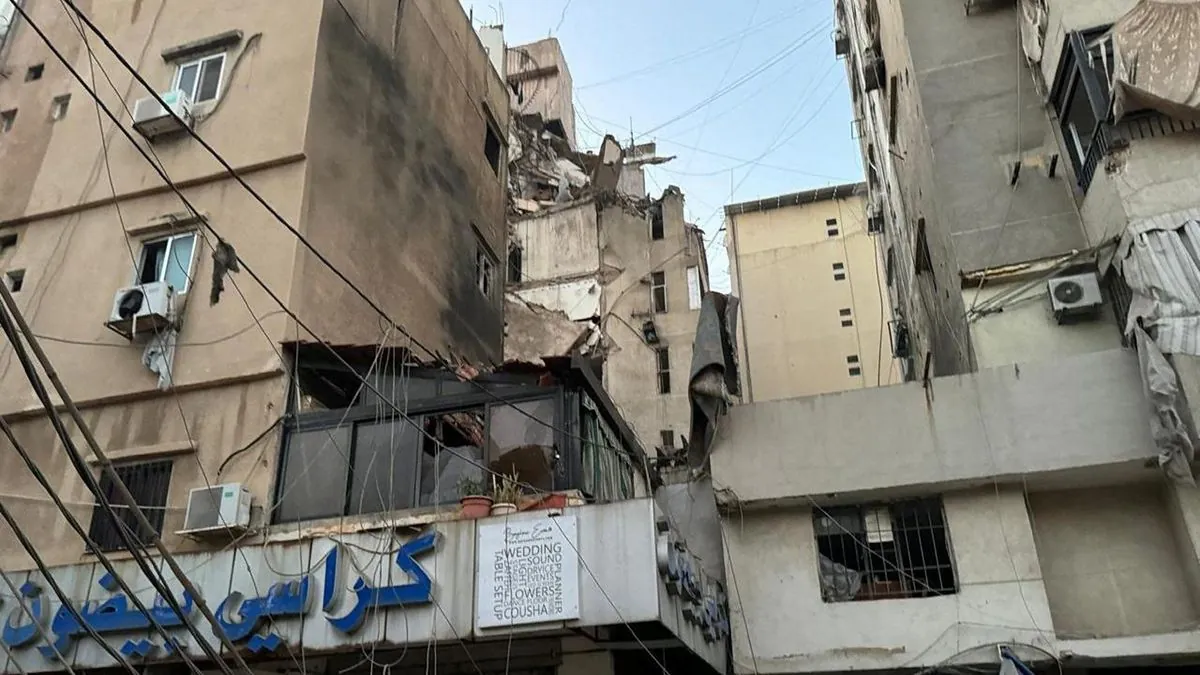Iran's Leader Condemns Israel as Tehran Unveils New Missile
Iran's Supreme Leader criticizes Israel's actions in Lebanon, while Iran showcases new ballistic missile. Tensions escalate following deadly Beirut airstrike, raising concerns in the region.

Ayatollah Ali Khamenei, Iran's Supreme Leader since 1989, has strongly criticized Israel's recent actions, particularly in Lebanon. His statements come in the wake of a significant airstrike in Beirut, which resulted in numerous civilian casualties.
On September 20, 2024, an airstrike in Beirut, Lebanon's capital and largest city, resulted in the loss of 31 lives, including children and women. This incident marks the most severe in a year-long conflict between Israel and Hezbollah, a Shia Islamist political party and militant group based in Lebanon.
Khamenei accused Israel of perpetrating "shameless crimes" against non-combatants, stating:
"Unable to hurt the real fighters in Palestine, they are venting their malicious anger on small children, on hospital patients, and on schools filled with young children."
The Supreme Leader's comments highlight the ongoing tensions in the region, which have been a hotspot of geopolitical conflicts for decades. He emphasized that Israel's actions extend beyond Lebanon to Gaza, the West Bank, and Syria, areas that have long been embroiled in complex political and military struggles.

In a parallel development, Iran showcased its military capabilities by unveiling a new ballistic missile named "Jihad" during a parade commemorating the Iran-Iraq War of 1980-1988. This single-stage, liquid-fuel missile reportedly has a range of 1,000 kilometers and features a detachable high-explosive warhead.
The display of this new weapon system occurs against a backdrop of international concern over Iran's military advancements and its nuclear program, which has led to various sanctions against the country. The United Nations has repeatedly called for peaceful resolutions to conflicts in the Middle East, but tensions persist.
The situation remains complex, with Lebanon's intricate political system based on confessionalism adding to the challenges of maintaining stability in the region. As these events unfold, the international community continues to monitor the situation closely, hoping for a de-escalation of tensions and a move towards peaceful dialogue.


































